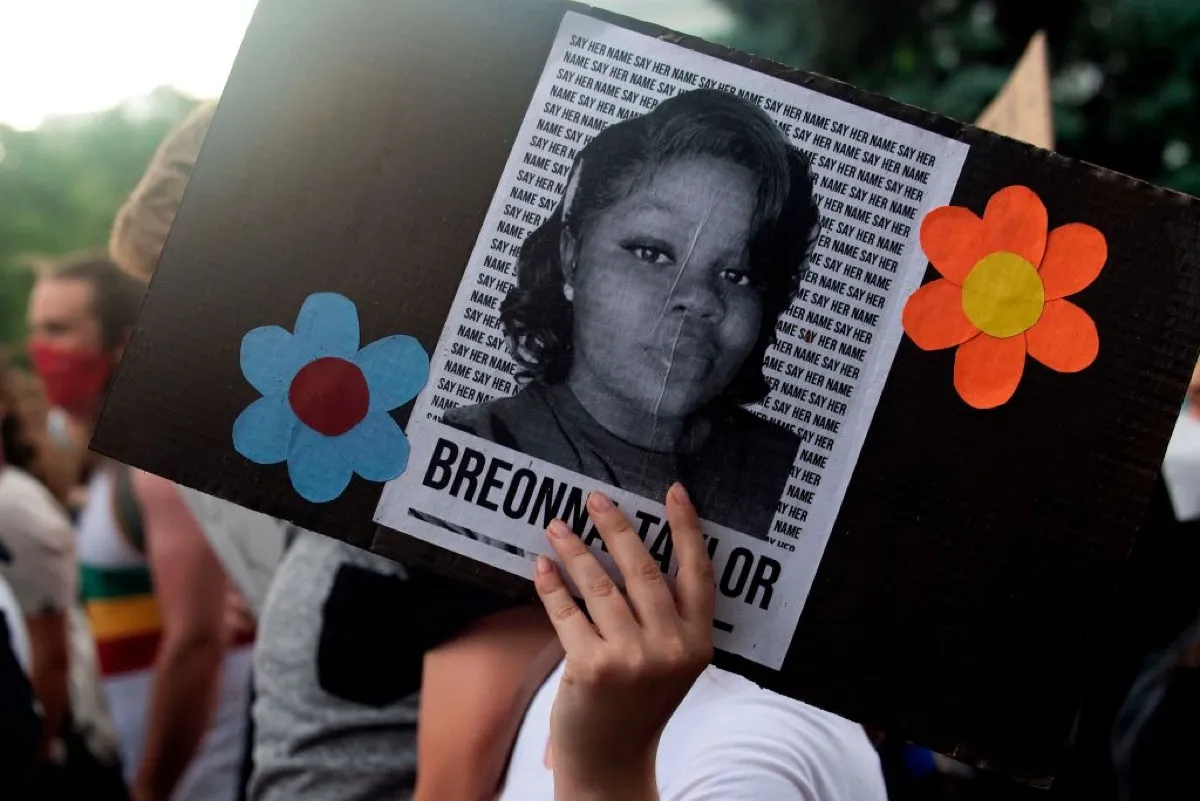Breonna Taylor’s life was cut short by police, and in the aftermath of the fact that no officers were charged directly in her death, and only one faces three counts of wanton endangerment for shooting into neighboring apartments, rage is in the air. Yet, when it comes to getting justice for Breonna, there are multiple battles being fought—one over the judicial system and one over the commodification of her image, death, and legacy.
Hulu began promoting a Breonna Taylor docu-series just a few hours after the verdict was made, meaning that they had this waiting in the wings to be part of commodifying Black pain. Very quickly, the streaming service was called out and issued an apology on Twitter, removed the post, and claimed that they will learn from the error in judgement.
Earlier today, we promoted content that we felt would be meaningful in light of today’s events. That was, quite simply, the wrong call. We’ve taken the posts down and are deeply sorry. Thank you for holding us accountable – we will learn from this.
— Hulu (@hulu) September 24, 2020
Despite apologizing for this, the damage was done, and it is just another example of how websites, and businesses in general, have used Black pain and suffering as a way of profiting—highlighting Black voices for a month, but underpaying Black creators and fostering racist spaces. Making Black Lives Matter merch, but having no Black staff.
Breonna Taylor’s name has been on the lips of known racists as part of their rebranding to prove that their racism is in the past and that they’re so plugged in to the Black issues of the day. While for some there is true growth, for others, it is them accepting that casual racism just is not as groovy as it used to be.
Justice for Breonna Taylor was more than a hashtag; it was a call to arms and a bittersweet reminder for Black Americans that we are not citizens with value in this country—that we have to dismantle a system that allows, in the core of its legal system, the murder of citizens by the police.
To take something that is so painful and raw, to take another act of systematic injustice and use that to promote a docu-series, is cruel, ignorant, and shows that Black Lives Matter is just a slogan for many. But this goes beyond Hulu. If you were having events, making money, and building a brand based around trying to get justice for Breonna Taylor, what are you going to do now? How are you going to take her legacy and use it to create something that honors her? Or was the hashtag the end of it?
(image: JASON CONNOLLY/AFP via Getty Images)
Want more stories like this? Become a subscriber and support the site!
—The Mary Sue has a strict comment policy that forbids, but is not limited to, personal insults toward anyone, hate speech, and trolling.—










Published: Sep 24, 2020 12:00 pm